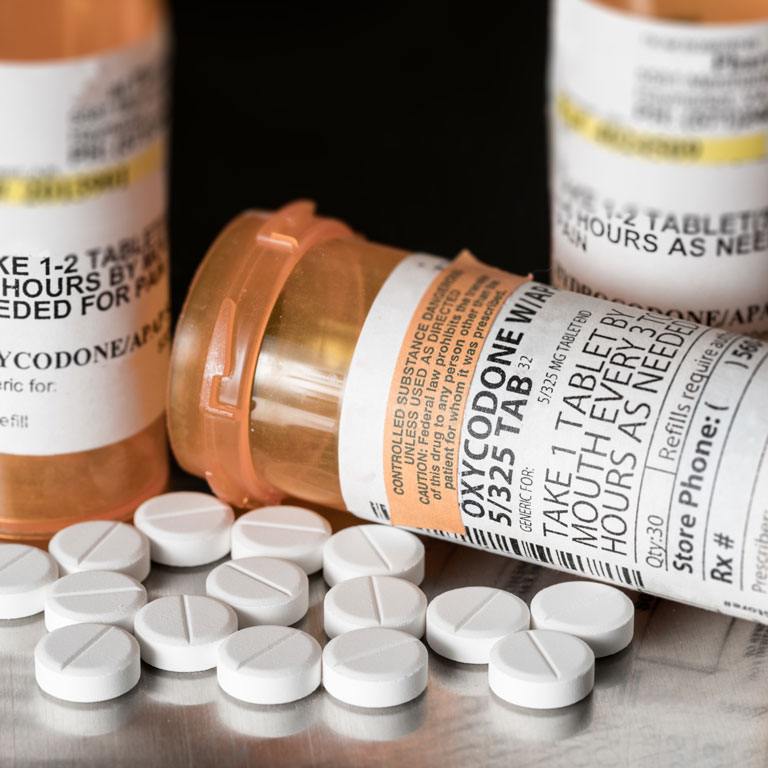INDIANAPOLIS – Addressing the overdose epidemic still plaguing Indiana requires a holistic approach from teams that combine different disciplines. New analysis from the Center for Health and Justice Research (CHJR) at the IU Public Policy Institute looks at what challenges these teams face, what can help them be successful, and best practice recommendations that can ensure these teams are ready to help Hoosiers trapped in addiction.
The Choices Emergency Response Team (CERT) and the Opioid Crisis Response Team (OCRT), both funded by the 2016 21st Century Cures Act and the State Opioid Response, partner clinicians with recovery staff and nurses to enhance access to and engagement with evidence-based substance use disorder treatment, particularly for opioid use disorder. While the OCRT program has since ended, similar treatment services are still provided to those in need by Centerstone, the not-for-profit health system that oversaw OCRT.
CHJR analysts found that CERT and OCRT have been able to work with hundreds of rural Hoosiers since their inception, relying on evidence-based treatment services for substance use disorder. These groups face many barriers to success, including a high volume of clients, a narrow window of opportunity to reach those clients, and a lack of evidence-based treatment programs in rural areas.
Given the lack of research on mobile crisis team, specifically those addressing substance use disorders, the CHJR team developed the following best practice recommendations:
- Obtain buy-in from other local partner agencies, such as law enforcement and hospitals
- Identify and partner with local evidence-based treatment providers
- Be prepared to meet or make referrals to address clients’ basic needs, such as housing, food, and income insecurity
- Implement a harm-reduction strategy—such as naloxone provisions or referrals to syringe exchange services—for people who are not yet ready for traditional treatment programs
- Integrate technology, such as online meeting platforms, into operations and services for clients
Amid the COVID-19 pandemic, the analysis also found that technology played a key role in keeping connected with their clients. CERT partnered with its local recovery community to hold three Zoom meetings a day for individuals in recovery. These meetings were successful, with an estimated 270–400 attendees during the first month. As a result, the team may continue to use the platform after post-pandemic and may even implement this model in jails.
Cures Act mobile crisis teams brief



